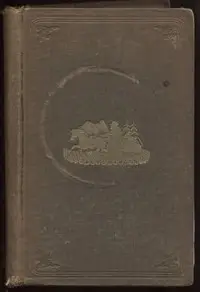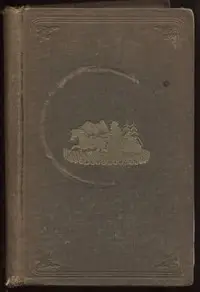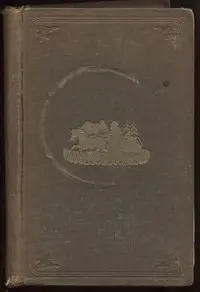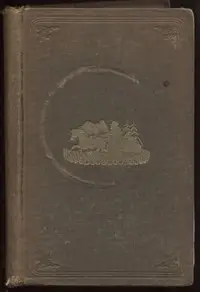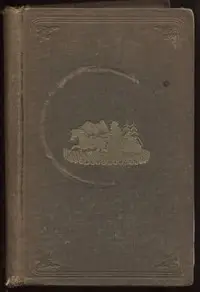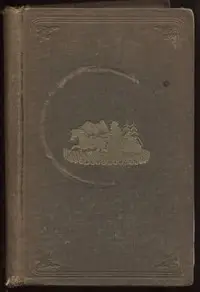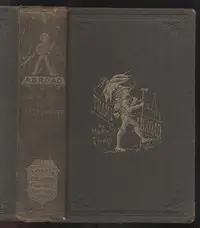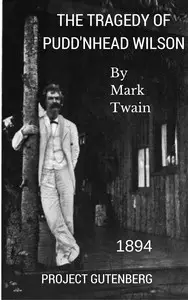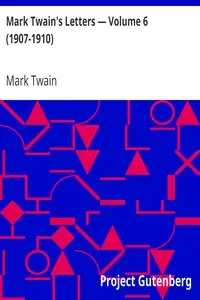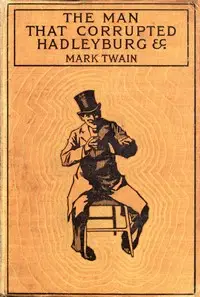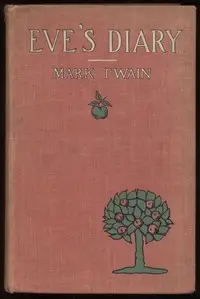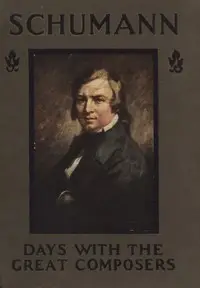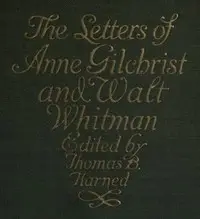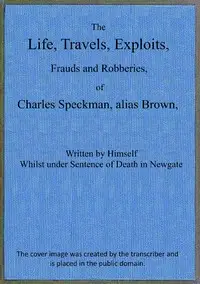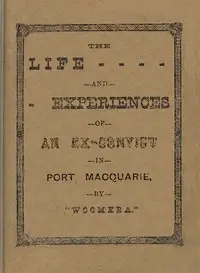"Roughing It, Part 6" by Mark Twain is a funny, somewhat true story about the author’s journey through the American West when everyone was trying to get rich from silver. This part kicks off by painting a picture of what life was like in mining towns, showing both the wild parties and the bad stuff that happened when times were good. It also tells the tale of a group trying to write a novel that ends up a hilarious mess because of too much drinking and wild imaginations. The story starts with a busy mining town in Virginia full of both life and trouble, and the idea of creating a newspaper called the Weekly Occidental. People are excited to try to write their own novel, but things go crazy when a drunk guy shows up and mixes up everyone’s stories in ridiculous ways. The chaos leads to a newspaper issue that’s a complete disaster, highlighting big ideas like ambition, foolishness, and how unpredictable life could be in those mining towns. Twain uses humor and sharp observations to explore how people acted during this time of big changes and chances in American history.
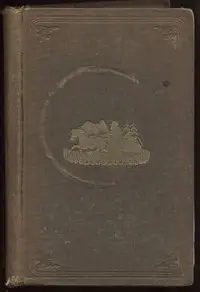
Roughing It, Part 6.
By Mark Twain
In a wild west mining town, a literary endeavor turns into a drunken circus, blending ambition with absurdity and proving that collaboration can be catastrophically funny.
Summary
About the AuthorSamuel Langhorne Clemens, known by the pen name Mark Twain, was an American writer, humorist, and essayist. He was praised as the "greatest humorist the United States has produced," with William Faulkner calling him "the father of American literature." Twain's novels include The Adventures of Tom Sawyer (1876) and its sequel, Adventures of Huckleberry Finn (1884), with the latter often called the "Great American Novel." He also wrote A Connecticut Yankee in King Arthur's Court (1889) and Pudd'nhead Wilson (1894) and cowrote The Gilded Age: A Tale of Today (1873) with Charles Dudley Warner.
Samuel Langhorne Clemens, known by the pen name Mark Twain, was an American writer, humorist, and essayist. He was praised as the "greatest humorist the United States has produced," with William Faulkner calling him "the father of American literature." Twain's novels include The Adventures of Tom Sawyer (1876) and its sequel, Adventures of Huckleberry Finn (1884), with the latter often called the "Great American Novel." He also wrote A Connecticut Yankee in King Arthur's Court (1889) and Pudd'nhead Wilson (1894) and cowrote The Gilded Age: A Tale of Today (1873) with Charles Dudley Warner.

